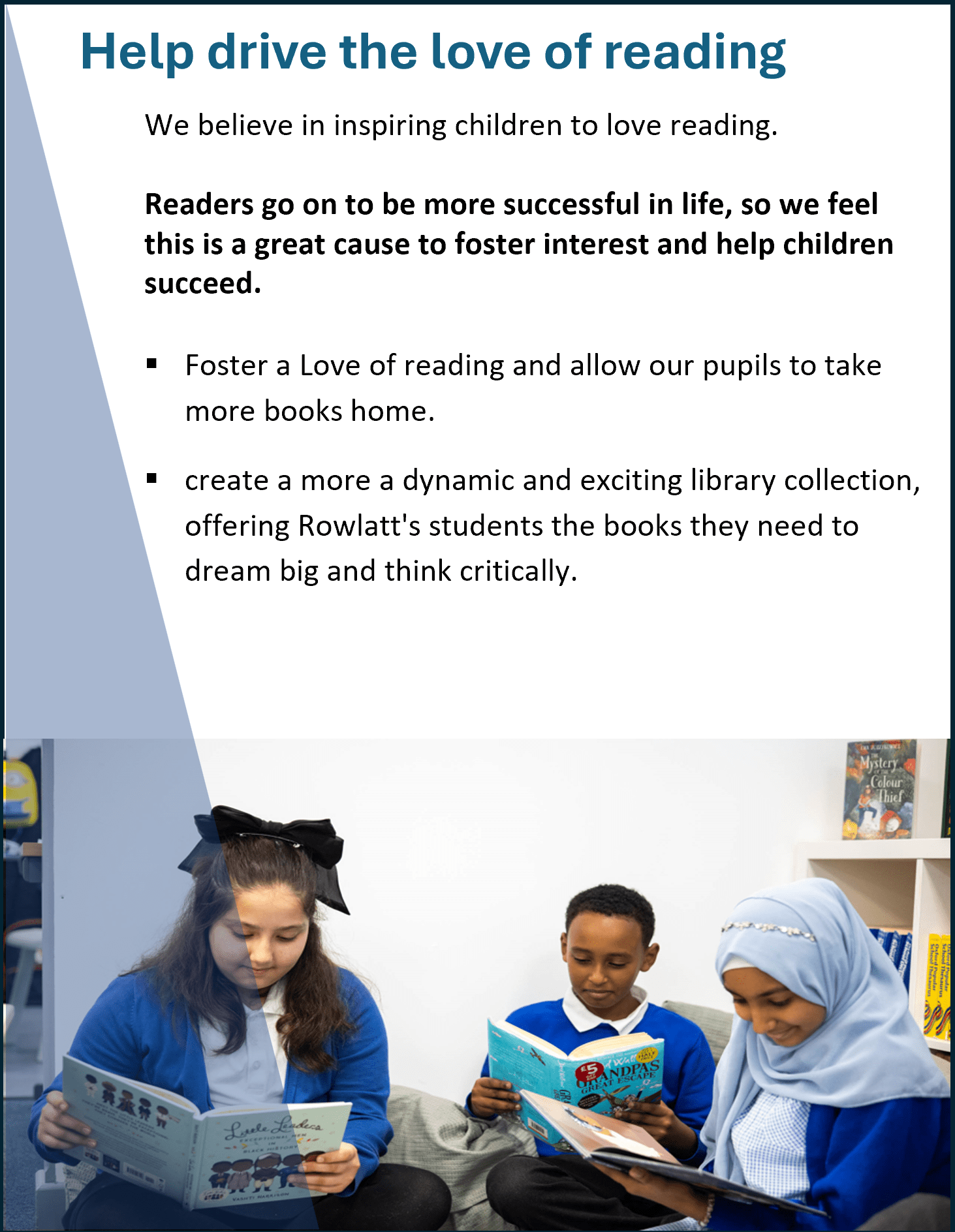MFL at Rowlatts
The National Curriculum requires schools to teach a foreign language in Key Stage Two, although teaching may be of any modern or ancient foreign language. To allow pupils to make substantial progress in one language, Rowlatts Mead has chosen to focus on the teaching of French across Years 3 to 6.
The National Curriculum aims are that, by the end of Key Stage Two, children can:
-
understand and respond to spoken and written language from a variety of authentic sources
-
speak with increasing confidence, fluency, and spontaneity, finding ways of communicating what they want to say, including through discussion and asking questions, and continually improving the accuracy of their pronunciation and intonation
-
write at varying length, for different purposes and audiences, using the variety of grammatical structures that they have learnt
-
discover and develop an appreciation of a range of writing in the language studied
2. Our Intent at Rowlatts Mead
The teaching of a Modern Foreign Language at Rowlatts Mead is fundamental to instilling in our children a shared love and appreciation of language. Many of our children speak English as an Additional Language and have varying fluency in their home languages. We relaunched the teaching of French across our junior classes in 2021-22 and continue to build on our successes with our rolling curriculum.
Our ambition is for all children to become competent in conversational and written French by the time they leave Rowlatts Mead, while understanding the importance of building strong foundations in the language.
Rowlatts Mead has chosen to follow the Primary Languages Network scheme. We are currently using the Stage 1 through Stage 3 units, and by next year, each year group will follow the appropriate stage of learning. We have a progressive programme that ensures children cover the skills required by the National Curriculum while offering opportunities to stretch more able pupils. Each year, children build on skills and vocabulary learnt in previous years, providing a solid foundation for further language study.
Lessons deepen children’s curiosity and understanding of the world, expanding their horizons to other countries, cultures, and people. This is particularly important for many children at Rowlatts Mead, as some have limited exposure to the wider world outside of school. Lessons also provide opportunities to interact and communicate with others, both in speech and in writing.
Initially, children acquire basic skills and understanding of French, with a strong emphasis on developing speaking and listening. These skills are embedded and further developed in Upper KS2, alongside reading and writing, gradually progressing onto more complex language concepts and greater learner autonomy.
3. Implementation
3.1 Planning
In 2024-25:
-
Year 3 will follow the Stage 1 scheme of work
-
Year 4 will follow Stage 2
-
Year 5 will follow Stage 3
-
Year 6 will progress onto Stage 4, completing the rolling programme
Lessons are carefully sequenced so that prior learning is considered, with opportunities to revise language and grammar. Key vocabulary and grammatical structures are introduced and revisited in each lesson. Lesson resources include video files to support staff who are less confident with French pronunciation.
Stage 1 units:
-
Getting started
-
Calendar and celebrations
-
Animals I like and don’t like
-
Carnival Time
-
Fruits and vegetables
-
Going on a picnic
Stage 2 units:
-
Welcome to school, super learners
-
My local area, your local area
-
Family tree and faces
-
Face and body parts
-
Feeling unwell, jungle animals
-
The weather
Stage 3 units:
-
Talking about us
-
Time in the city
-
Healthy eating and going to the market
-
Clothes, colours and fancy dress
-
Out of this world
-
Going to the seaside
Stage 4 units:
-
This is me
-
Homes and houses
-
Playing and enjoying sports
-
Funfair and favourites
3.2 Delivery
French is taught in Years 3-6 for at least 30 minutes per week (or equivalent). Lessons include a range of activities, ensuring children are reading, listening, speaking, and writing new words. Songs and games reinforce vocabulary and encourage active engagement in French learning.
3.3 Home Games
The Primary Languages Network provides games for children to play at home to practice their learning each week. This helps embed new learning into long-term memory and raises the profile of French teaching within the school and wider community.
3.4 Launch Day
To inspire a love of the language, children in Year 3 begin their French journey with a launch day. They experience French culture through practical activities, including tasting French foods and learning more about France.

